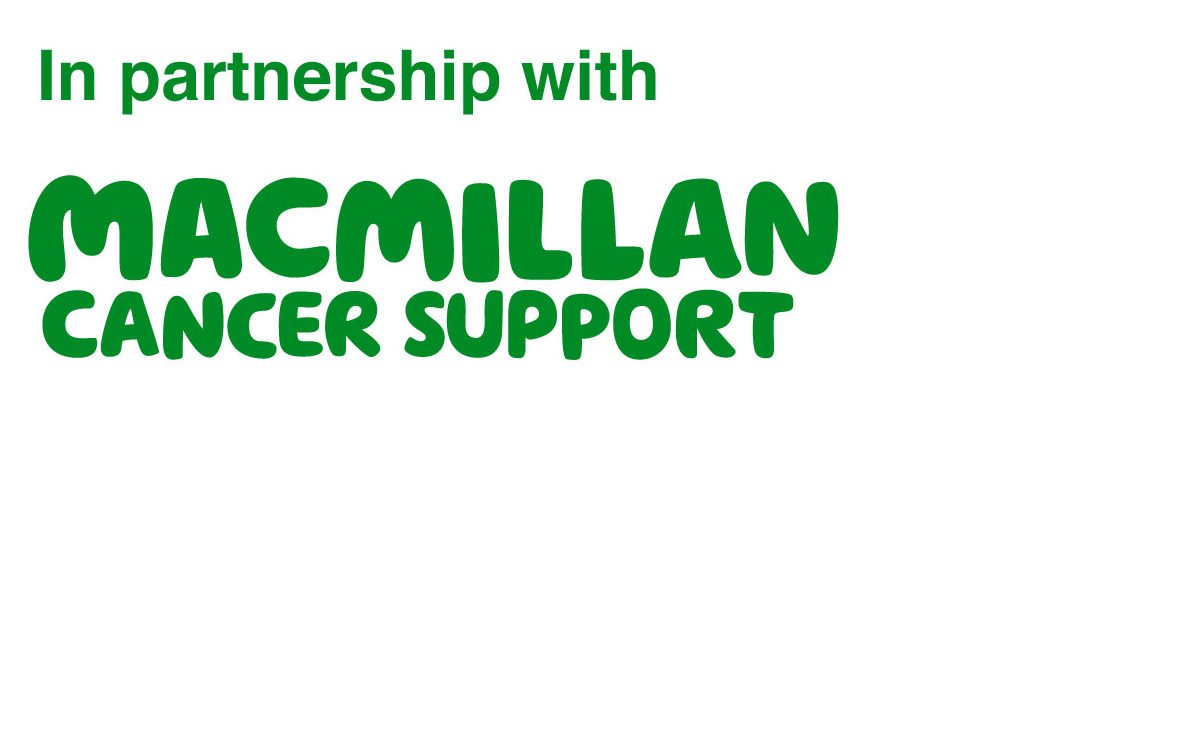Top tips
Get comfortable: wearing warm, comfortable, loose clothes during chemotherapy is a good idea: some people get quite cold, and the nurses will need easy access to your arms for the drip.
Attend the pre-chemotherapy consultation/chat: it may seem like yet another appointment, but this visit will give you time to share any fears or expectations with the nurses before you begin your treatment, and they will share invaluable information with you about day-to-day things you may need to be aware of.
Bring someone with you: at least to the pre-chemotherapy consultation and your first treatment, as you will be given A LOT of information and may not be able to take it all in. Two heads are better than one, in this case!
Visit your dentist: if you have time, try to visit your dentist before starting chemotherapy to get any dental work seen to. Once you are on chemo, it’s advisable not to have invasive procedures because of the slower healing times and risk of infection.
Take all your medications as prescribed: No one likes taking pills, especially if you feel OK, but please take the medications you have been prescribed: they are intended to minimise unpleasant side effects from your treatment. Waiting until the side effects appear before taking your medication will only make these symptoms harder to manage.
Water, water, water: we know it can be difficult, but please drink plenty of water before, during and after chemo treatment. Drinking lots of water will help to flush the chemo through your system, and can also help to keep your bladder from becoming irritated.
Everyone is an expert!: if you choose to tell people about your diagnosis – and we do advise you tell some people, as support is very important – you might find they have A LOT of opinions and stories about Aunt Sally who had chemo in the 70s and it was just horrendous etc. Not all chemo is the same, not all cancers are the same, not all people are the same. Your experience will be different to someone else’s. Although these people may mean well, try not to believe everything you hear. The best people to talk to about side-effects are the AOS team, or your CNS for more general worries and concerns.
Preparing for hair loss: some – but not all – chemo regimes trigger hair loss, so it’s important to attend your pre-chemo consultation to find out more and talk this through. Using a cold cap can help to minimise hair loss for some chemo regimens. If hair loss is likely, then get your wig organised early. You may choose not to wear a wig, or you may not lose all your hair, but it’s good to have it just in case. Sometimes hair can fall out quite quickly, and take you by surprise.
Keep a diary: of any side-effects. There is a very real side-effect called chemo brain, which may make you feel quite fuzzy-headed or not able to remember things as well as you used to. Keeping a diary means you and your doctor or nurse can easily check back.
It’s also a good way to keep track of your how your body reacts to treatment. This can give you some idea of how you might feel during future cycles – which days of the cycle you may need more rest, and which days you’ll feel better and can plan to do something nice.
A lot of the regimes contain steroids, given to prevent allergic reactions to chemo and/or as an anti-sickness medication. Unfortunately they may have side-effects of their own, such as facial flushing, or a steroid-high – feeling a bit manic and unable to sleep, followed by a comedown and feeling a bit low for 24 hours! If this happens, remember that it only lasts a few days. If you are keeping a diary and you know when to expect it, this may make it easier to deal with as you know it will end.
Food and gentle exercise: One side-effect of chemo that people may not expect is weight gain. A combination of decreased activity due to fatigue, and steroids making you want to eat more, can mean an increase in weight. Our advice is not to diet while on chemotherapy – your body needs to be well-nourished to fight the cancer – but do try to limit sugary, high-carb foods and increase your intake of fresh fruit and vegetables. Drinking plenty of water can help, too, as can taking gentle exercise. Walking is ideal, and if you can manage a little bit every day this will be really helpful – and good for your mood, too.
